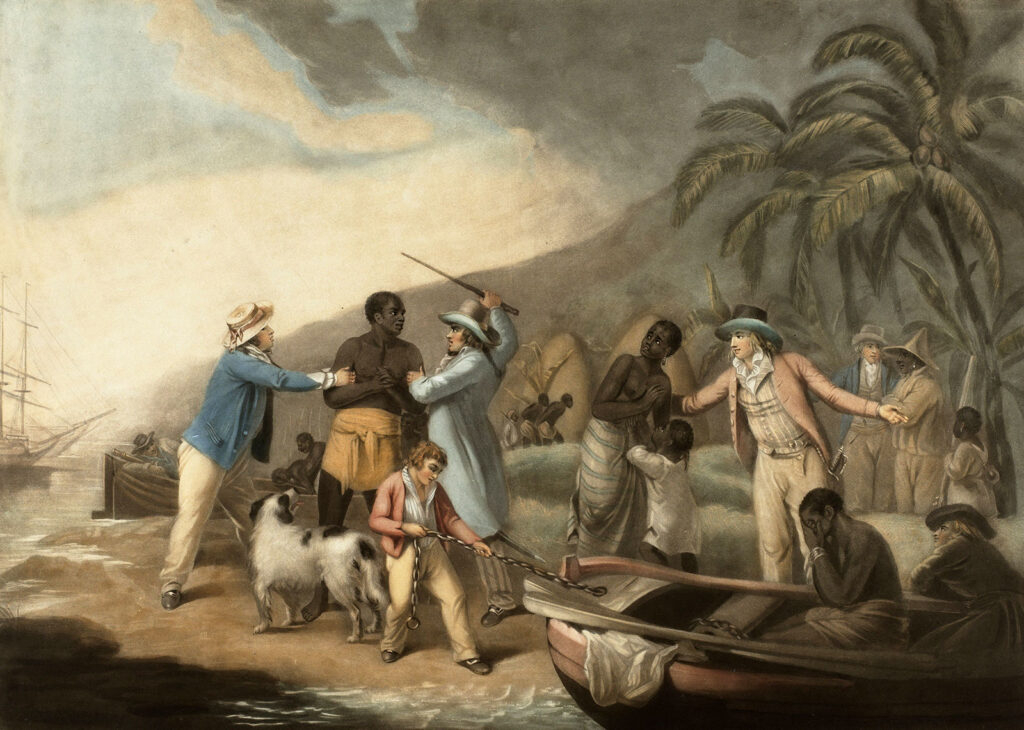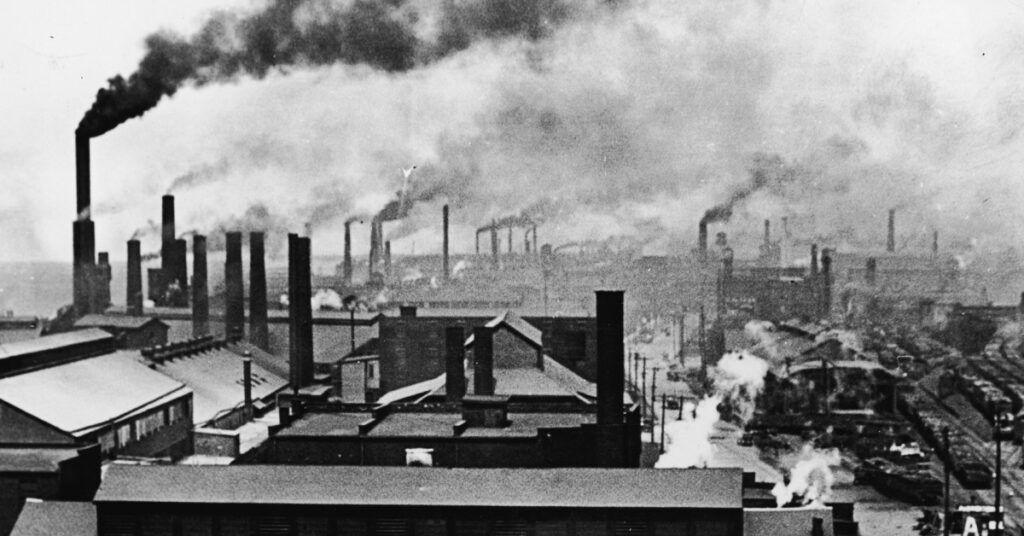Few days ago, there is this big news of China’s electricity shortage. There are articles all around, so I will only share one here. In summary, the official reason is that China wanted to curb greenhouse emissions in line with the promise they made at the United Nations. Of course, there are those who said that this is also due to the rising coal prices, which further cut into the very marginal profits of the industry and that the industry could no longer support providing the same level of electricity to the masses.
But what is really the truth behind it? This article will attempt to offer you a view not often told by others. You can decide for yourself whether it makes sense or not.
China indeed wants to clamp down on carbon emissions, and has instructed the different provinces to do so earlier on. Beijing wanted the provinces to find a more energy efficient way to continue their production, in a bid to also upgrade their overall production technology. However, the provincial governments were reluctant to do so as cutting down on carbon emissions would mean foregoing the low hanging fruits which brings them money. Hence they did not give this much thought earlier on. Now when the time comes for the provincial governments to submit the report on their performance, they had no choice but to forcibly limit the electricity in a last minute attempt to hit their KPI (key performance indicator).
But why does China wants to reduce carbon emissions? Is it really for the sake of the planet? Maybe it is true, but politicians do not made high level decisions based on one or two factor alone. Usually it is due to a combination of factors where one decision could have multiple benefits across a few areas. To explore this, let us take a short detour and look at history first.
Slave Trade
Year 1526: First trans-Atlantic slave voyage completed by Portugal, with many other European countries following soon after. A triangular trade route was formed. Europeans sailed to the Africas to get slaves, shipped them to the Americas to work on coffee, cocoa, sugar, cotton, tobacco plantations. With the goods on hand they returned to Europe. Through this, Europe earned a lot of blood money.
Year 1760: Great Britain entered the Industrial Age, and other European countries followed soon after. The industrial age was funded from profits of slavery.
Year 1807: Europe (specifically Great Britain) campaigned for the end of slave trade, citing moral issues. US followed in 1808. This is to prevent other countries from earning their ‘first pot of gold’ using the same method.
Industrial Age And Pollution To The Environment
A period where countries polluted the environment greatly in exchange for massive economic development. The UK and the US were known for having great pollution. Although the industrial age ended in the late 20th century, but the pollution they caused to the environment did not end there. It is general knowledge that the oil industry has caused great global warming to much warnings from scientists and many others. Yet the Western world ignored the warnings. From changing the term ‘global warming’ to ‘climate change’, they softened the impact this term has on others, making light of the situation. It took an even longer time for the route to reduce carbon emissions to be formed up and for others to actually walked the path.
If you remember, 10 years ago China was also famous for its pollution. Its carbon emission and pollution was famous worldwide, and the Western countries kept throwing stones at it. China was walking the path of the US and the UK – environmental pollution in exchange for economic growth. At that time China ignored the criticisms and went on with its environmental pollution. Now that China had achieved its desired economic growth and moved on to the next stage, you see China campaigning on the ills of global warming and doing its part to save the environment.
The rationale behind it is also true. Now that I have achieved growth using this method, I want to prevent others from using the same method. I want to make it difficult for slower countries to climb to where I am now. Whether it is the slave trade, or polluting the environment, or even getting a nuclear bomb, the logic behind it is always the same.
Economic Rationale
Now that we have got the above history down, we can agree that the part on China wanting to do its part for the environment is true. But there is more to it. When Covid-19 struck the world, many countries spent a lot of money on healthcare, on sustaining the society among many other costs. What the US did was to print more money. The welfare benefits given to the masses, the trillions of dollars to support the businesses are all printed out. US does not have such money in their reserves, they simply print it out. US is a well-known money printer. But what happened when you print that much money? Inflation occurs. US is now facing a sharp increase in the cost of their goods. Due to inflation, what used to cost $1 may now cost $1.50.
So what do the US do now? They continue to keep buying things from overseas. With the gradually worthless paper which is the USD, they buy real physical goods from overseas such as China – the world’s biggest factory. On China’s side, they are exchanging actual resources made into actual goods for USD. It may seem good on the short term, as they can sell their goods and earn all the money. But in the longer term, all the USD they earned will not be worth much.
So what does China do? Restrict electricity usage, which will cause factories to cripple their production, reducing supply. Based on simple economics, lesser supply will mean higher prices. This will match US’s inflation. US’s problem of inflation will now be unable to pass to China. In short, US printed a lot of money, caused a big bubble, and wanted to pass the bubble to China by buying their goods. China did not want to take their bubble, and wanted US to resolve their own issue.
Importance Of Knowing Current Affairs
There are people who asked me on the importance of getting up to date with current affairs. They felt that as long as they live their life, work hard and save money, that is sufficient enough for them. Not if you want to attain financial freedom. Every decision made at the political and societal level has implications. Knowing the decisions made and their implications will allow you to navigate among the uncertain waters and prevent your hard-earned money from going up in smoke.
Your grocery has increased its price by about 30%, but has your salary increased that much? Knowing the situation, knowing what to do and acting on it will not only allow you to preserve your wealth, but to increase it when everybody else is losing. Even if you end up worse off than before, at least you will not be as bad as when you do nothing about it.
Showing 1 - 3 out of 3
Page 1 out of 1
| - | Shop Products | Price | |
|---|---|---|---|
|
|
$99,999.00
|
||
|
|
$1.00
|
||
|
|
Price range: $69.00 through $99.00
|





